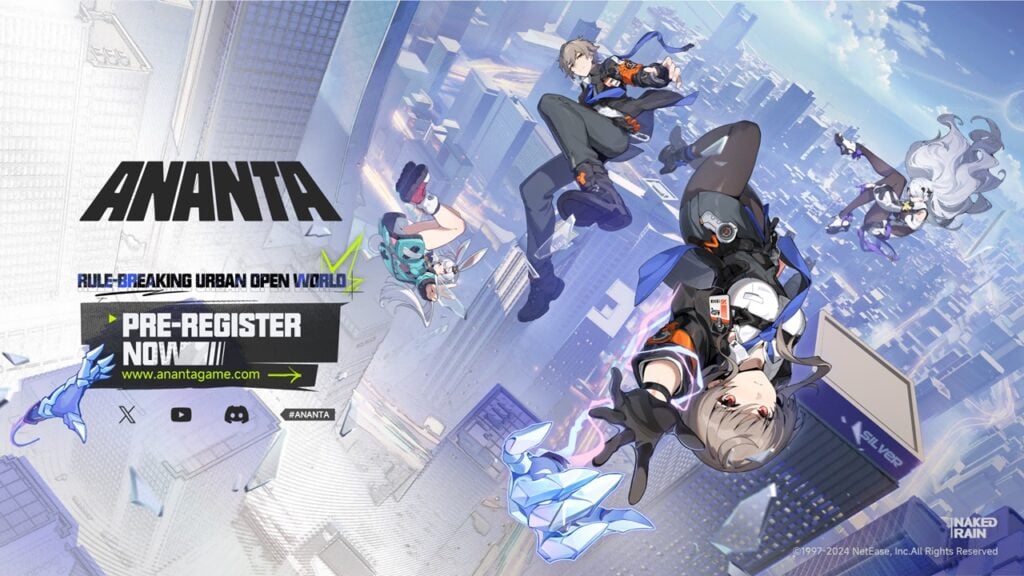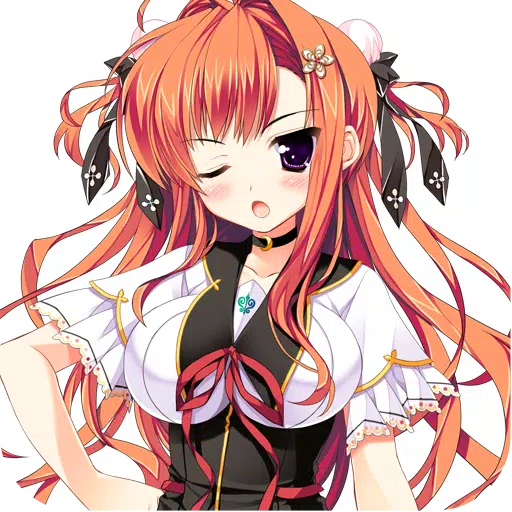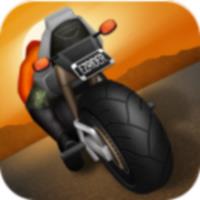Top Classic Board Games for 2025
Board gaming is thriving due to the incredible variety of new games available today. Whether you're into family board games, strategy games, or any other genre, there's something for everyone. However, the excellence of modern games doesn't diminish the value of older games. The best board games have maintained their appeal among both beginners and seasoned players for decades, showcasing their timeless quality.
TL;DR: The Best Classic Board Games

Azul Board Game
1See it at Amazon
Pandemic
0See it at Amazon
Ticket to Ride
0See it at Amazon
Catan
0See it at Amazon
Sherlock Holmes: Consulting Detective
0See it at Amazon
Can't Stop
0See it at Amazon
Acquire 60th Anniversary Edition
0See it at Amazon
Diplomacy
0See it at Amazon
Yahtzee
0See it at Amazon
Scrabble
0See it at Amazon
Othello
0See it at Amazon
Crokinole
0See it at Amazon
Liar's Dice
0See it at Amazon
Chess - Magnetic Set
0See it at Amazon
Playing Cards
0See it at Amazon
Go - Magnetic Board Game Set
0See it at Amazon
Modern games are largely influenced by a design trend that started in the mid-'90s. However, exploring games from before this period can unearth some real gems. Here, we present a list of the best classic board games, arranged in reverse chronological order, that have stood the test of time.
Azul (2017)

Azul Board Game
1See it at Amazon
Azul, despite being released in 2017, has quickly become a modern classic, especially impressive for an abstract game, a genre often challenging to market. With its visually appealing, colorful, and chunky tiles, Azul is a delight to play. The game is straightforward: players take matching tiles from various pools and arrange them in rows on their board, scoring points for completing rows, columns, and sets. Its simplicity belies the depth and strategic interaction it offers, making it a must-play.
For more insights, explore our detailed review of Azul or consider its various expansions.
Pandemic (2008)

Pandemic
0See it at Amazon
Pandemic, the game that kickstarted the cooperative gaming genre, is undeniably a classic. Players must work together to save the world from spreading diseases, represented by cubes on a map. The game's clever mechanics and accessible rules have made it a global hit, despite the ironic challenge of preventing a global outbreak. Alongside the base game, numerous expansions and variations expand the experience.
Ticket to Ride (2004)

Ticket to Ride
0See it at Amazon
Created by renowned designer Alan R. Moon, Ticket to Ride and its numerous spinoffs have brought the joy of set collection and route-building to a wide audience. Players collect colored cards to claim train routes, aiming to connect cities as indicated by their ticket cards. The game's tight maps and competitive nature make for an exciting, strategic experience. With its mass-market appeal, Ticket to Ride has secured its place in board game history.
Settlers of Catan (1996)

Catan
0See it at Amazon
Now simply known as Catan, this game was revolutionary in its time. Its blend of dice mechanics, trading, and route-building captivated players and sparked the modern board gaming scene. While its popularity may have waned slightly, Catan's historical significance and engaging gameplay make it a classic worth revisiting.
Sherlock Holmes Consulting Detective (1981)

Sherlock Holmes: Consulting Detective
0See it at Amazon
This unique game combines elements of a board game, mystery, and choose-your-own-adventure. Players navigate Victorian London, solving cases as agents of Sherlock Holmes. The atmospheric storytelling and cooperative puzzle-solving make it a compelling experience, with numerous expansions available for those who conquer the base scenarios.
Can't Stop (1980)

Can't Stop
0See it at Amazon
Another classic by Sid Sackson, Can't Stop is a thrilling race to the top of columns on the board. Players roll dice to advance markers, facing the constant temptation to keep rolling or end their turn safely. Balancing luck and skill, this game offers excitement in both its board and mobile versions.
Acquire (1964)

Acquire 60th Anniversary Edition
0See it at Amazon
Often cited as a pioneer of modern gaming, Acquire by Sid Sackson introduced innovative mechanics in an era dominated by mass-market and war games. Players build and invest in companies, merging them strategically for profit. Its blend of spatial and economic challenges remains fresh and engaging, as explored in our review of the 60th Anniversary Edition.
Diplomacy (1959)

Diplomacy
0See it at Amazon
Diplomacy has a reputation for testing friendships with its intense political gameplay. Designed to simulate 19th-century European politics, the game requires alliances and inevitable betrayals for victory. Its simultaneous movement system adds tension, making it a classic in strategic gaming.
Yahtzee (1956)

Yahtzee
0See it at Amazon
As a precursor to today's roll-and-write games, Yahtzee offers fun and strategic depth. Players roll dice and fill a scorecard, balancing luck with tactical decisions. Its fast-paced, family-friendly nature ensures it remains a beloved classic.
Scrabble (1948)

Scrabble
0See it at Amazon
Scrabble's blend of vocabulary and spatial strategy is timeless. While turn times can be long, the game's challenge and accessibility keep it popular. It's a great choice for players of all skill levels, making it a staple in board game collections.
Othello / Reversi (1883)

Othello
0See it at Amazon
Often mistaken for an ancient game, Othello is relatively modern but no less strategic. Players flip opponent's disks by surrounding them, leading to dynamic and engaging gameplay. Its simplicity and depth make it a classic abstract game.
Crokinole (1876)

Crokinole
0See it at Amazon
Canada's Crokinole is a beloved dexterity game, prized for its beautiful boards and challenging gameplay. Players flick disks into scoring zones, balancing skill and strategy. It's a fun and social game that adds a unique element to any game night.
Perudo / Liar's Dice (1800)

Liar's Dice
0See it at Amazon
Known by various names, Liar's Dice involves bidding on hidden dice values, blending statistics, bluffing, and strategy. Its engaging gameplay and social interaction make it a classic that's perfect for gatherings.
Chess (16th Century)

Chess - Magnetic Set
0See it at Amazon
Chess, with origins tracing back to 600 AD, remains one of the most recognized strategy games. Its evolution from Chaturanga to modern chess reflects centuries of strategic refinement, making it a timeless classic enjoyed worldwide.
Playing Cards (~900 AD)

Playing Cards
0See it at Amazon
Originating in China, playing cards offer endless gaming possibilities. From poker to bridge and beyond, a single deck can provide a lifetime of entertainment. Their versatility and the rich history of card games make them a classic choice.
Go (~2200 BC)

Go - Magnetic Board Game Set
0See it at Amazon
Go, a game of profound strategic depth, originated in ancient China and Japan. Players place stones on a grid, aiming to capture territory. Its simple rules mask a complexity that has captivated players for millennia, making it a true classic.
What makes a board game a “classic”?
The term "classic" can be subjective, but it generally involves factors like sales, influence, and brand recognition. For instance, Ticket to Ride's massive sales and widespread availability mark it as a classic despite its origins in the hobby market. Influence, as seen with Acquire, can elevate a game to classic status due to its pioneering mechanics. Finally, brand familiarity, as with chess or Diplomacy, ensures a game's place in the pantheon of classics, even if its gameplay might not appeal to everyone.
-
1

Top Streaming Platforms for Live Sports in 2025
Jun 18,2025
-
2

GTA 6 Set for Fall 2025 Release, CEO Confirms
Apr 03,2025
-
3

First ALGS in Asia Emerges in Japan
Jan 19,2025
-
4
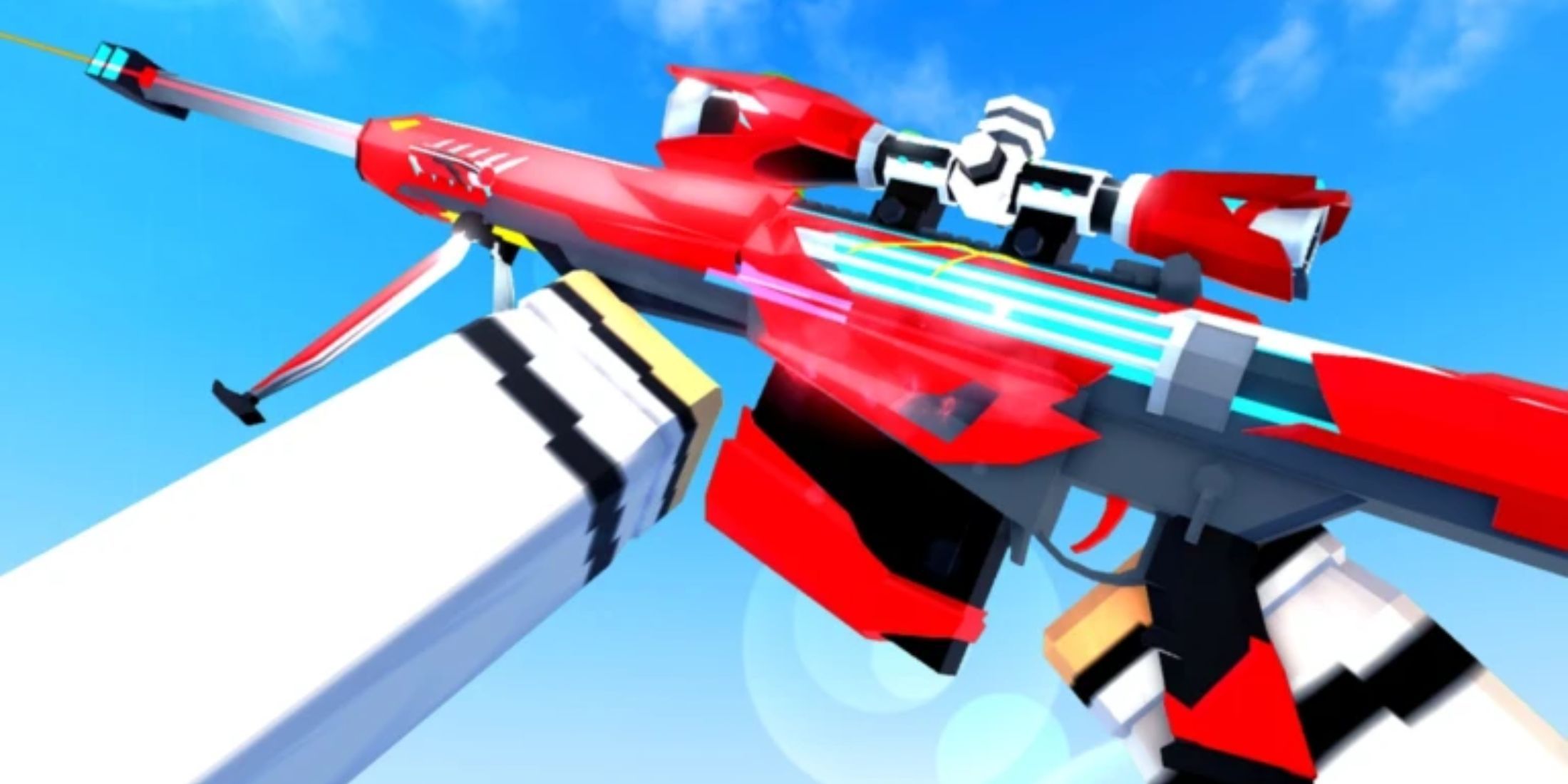
Roblox: CrossBlox Codes (January 2025)
Mar 04,2025
-
5
![Roblox Forsaken Characters Tier List [UPDATED] (2025)](https://img.jdzca.com/uploads/18/17380116246797f3e8a8a39.jpg)
Roblox Forsaken Characters Tier List [UPDATED] (2025)
Mar 05,2025
-
6
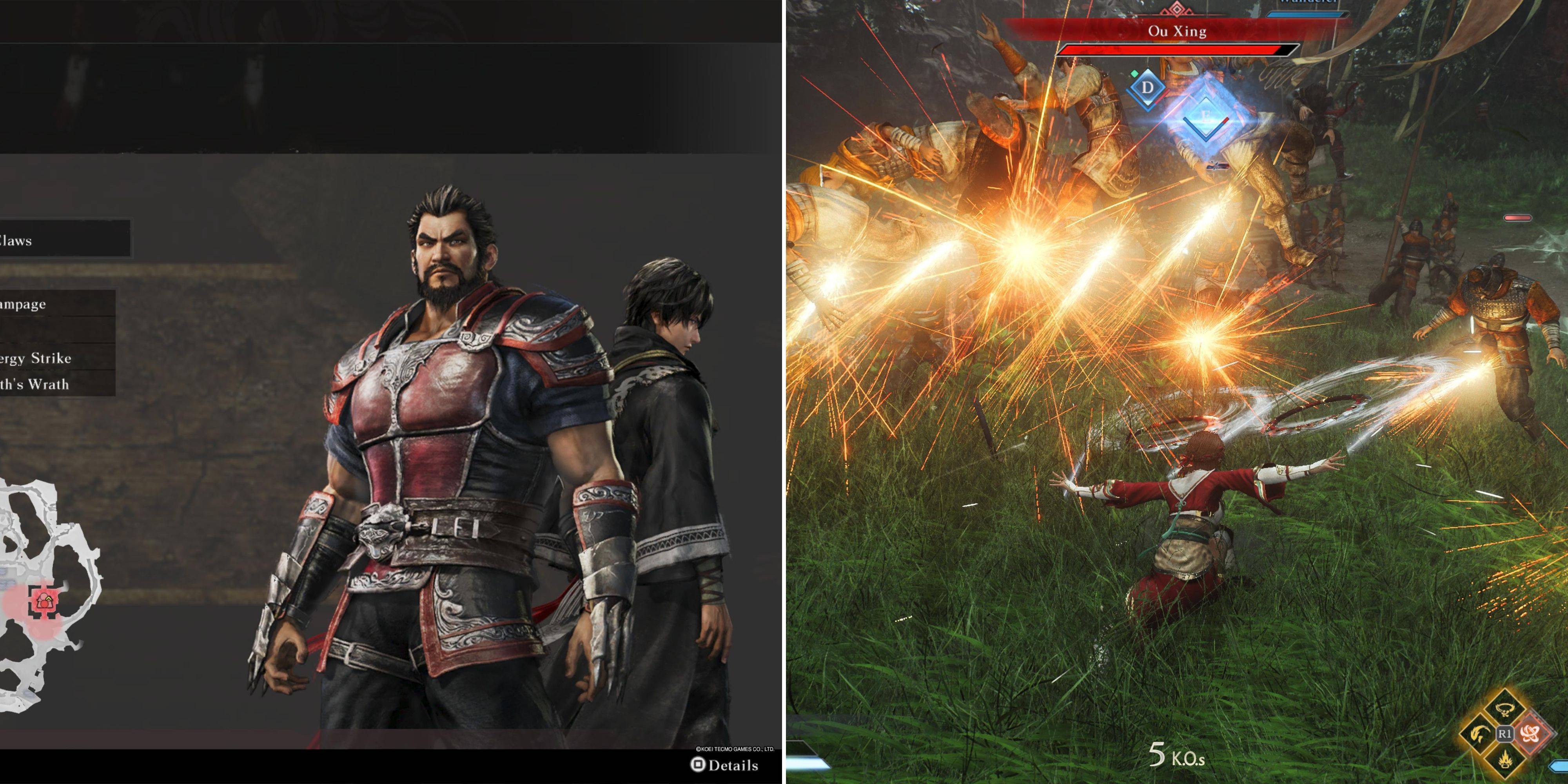
Introducing the Ultimate Guide to Seamless Character Swapping in Dynasty Warriors: Origins
Feb 25,2025
-
7
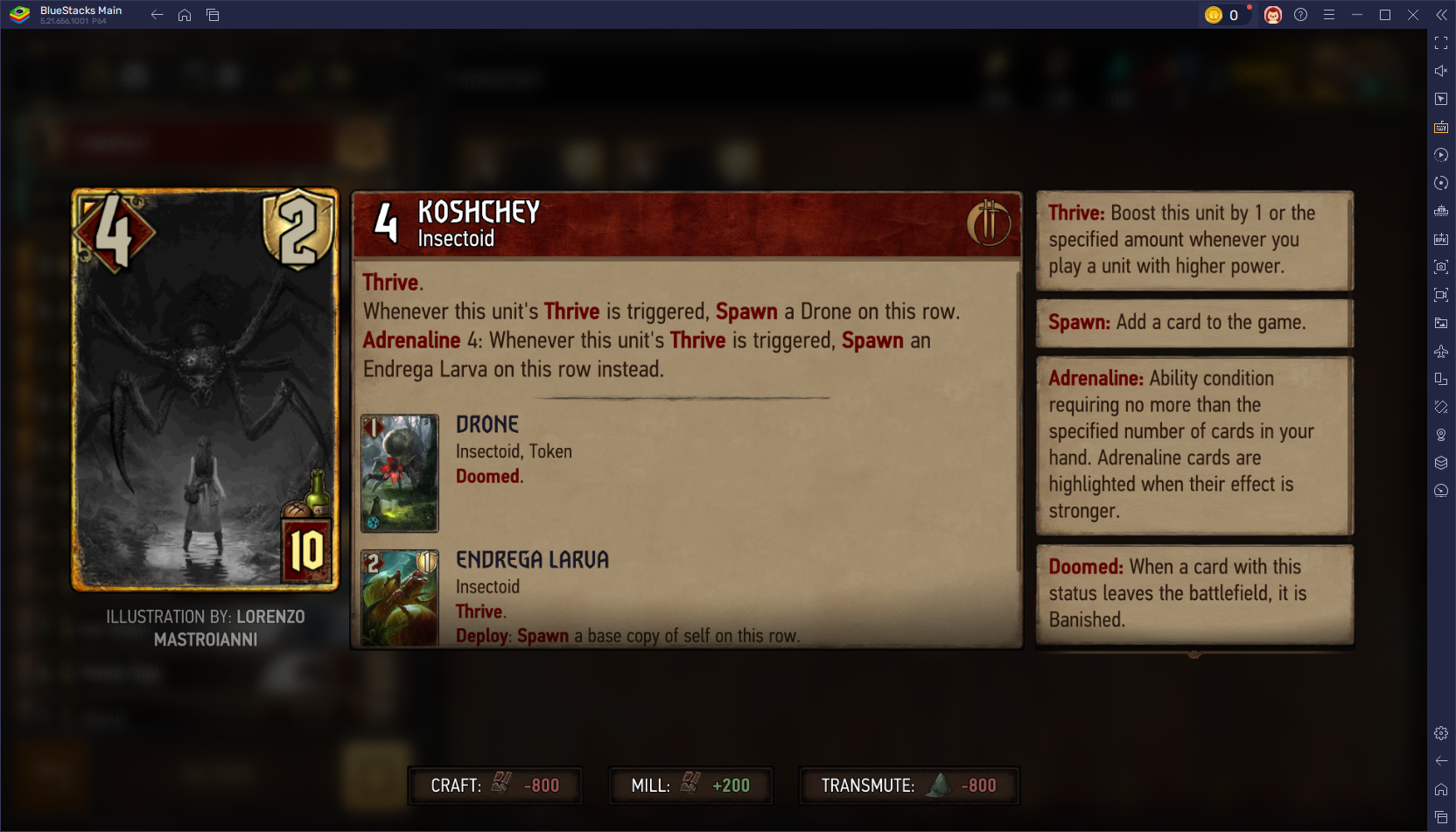
Gwent: Top 5 Witcher Decks (2025 Update)
Mar 13,2025
-
8

Max Hunter Rank in Monster Hunter Wilds: Tips to Increase
Apr 04,2025
-
9
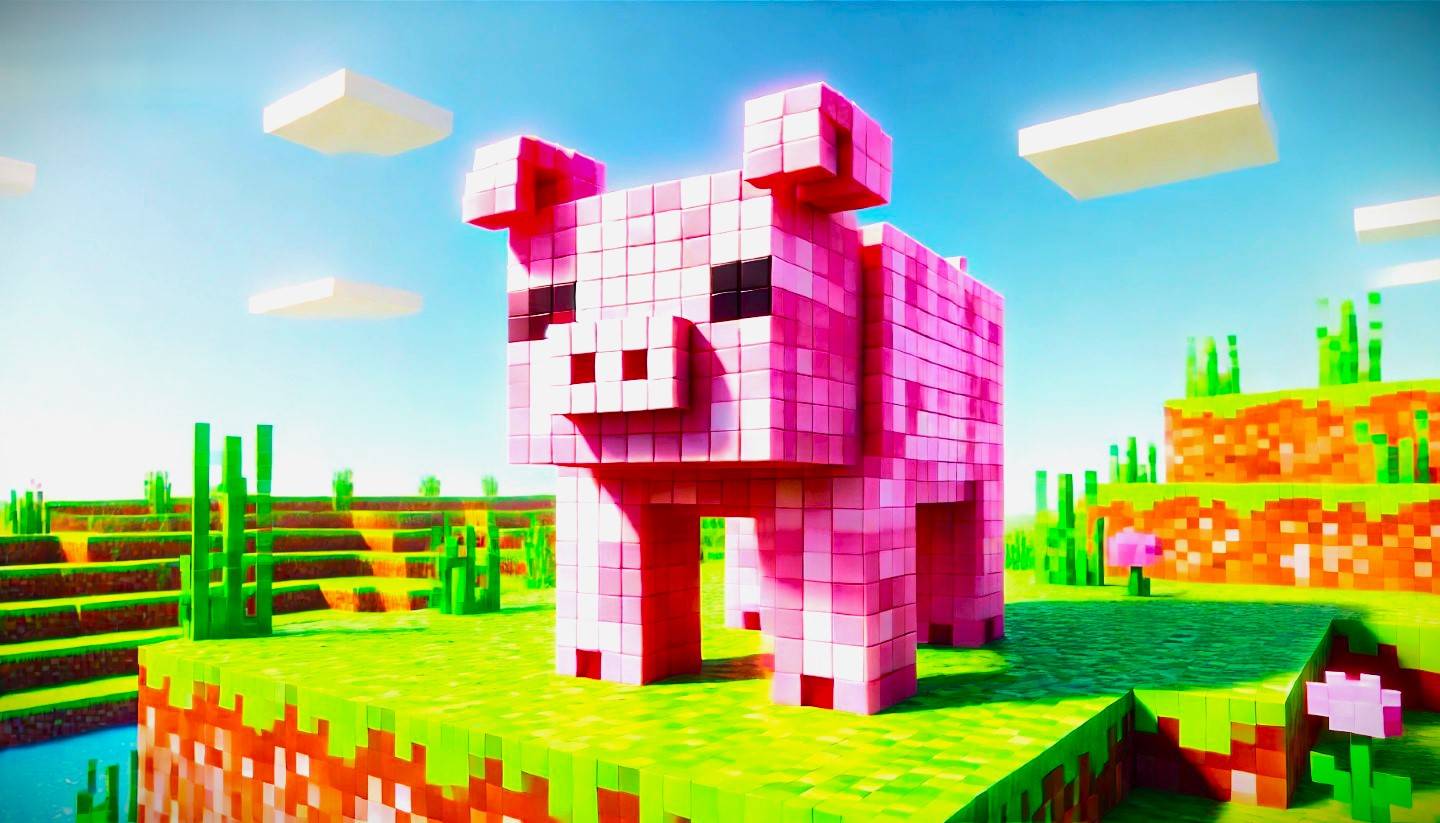
Cute mobs in Minecraft: pink pigs and why they are needed
Mar 06,2025
-
10
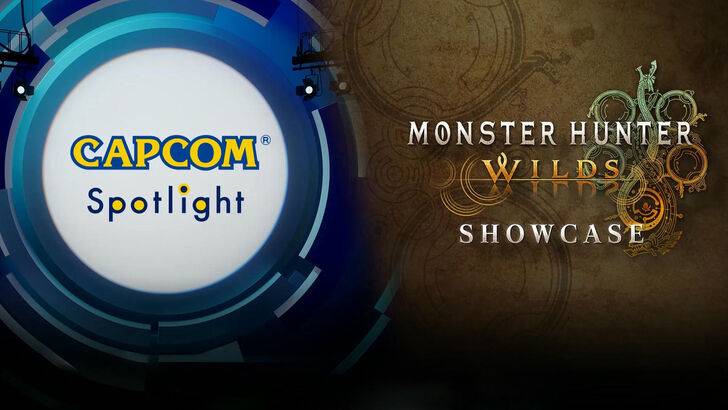
Capcom Spotlight Feb 2025 Showcases Monster Hunter Wilds, Onimusha and More
Apr 01,2025
-
Download

Portrait Sketch
Photography / 37.12M
Update: Dec 17,2024
-
Download

Friendship with Benefits
Casual / 150.32M
Update: Dec 13,2024
-
Download

F.I.L.F. 2
Casual / 352.80M
Update: Dec 20,2024
-
4
[NSFW 18+] Sissy Trainer
-
5
Pocket Touch Simulation! for
-
6
슬롯 마카오 카지노 - 정말 재미나는 리얼 슬롯머신
-
7
Chubby Story [v1.4.2] (Localizations)
-
8
Life with a College Girl
-
9
Shuffles by Pinterest
-
10
Hunter Akuna

